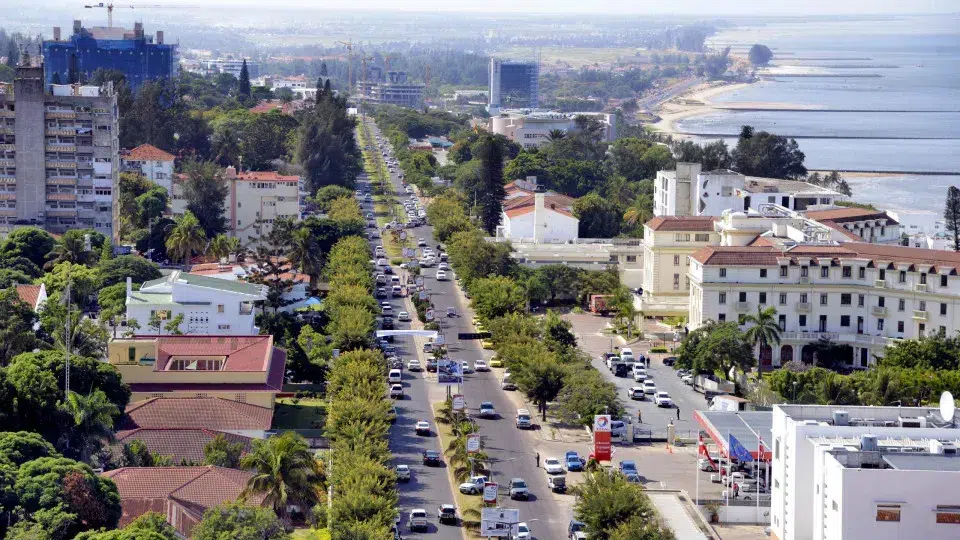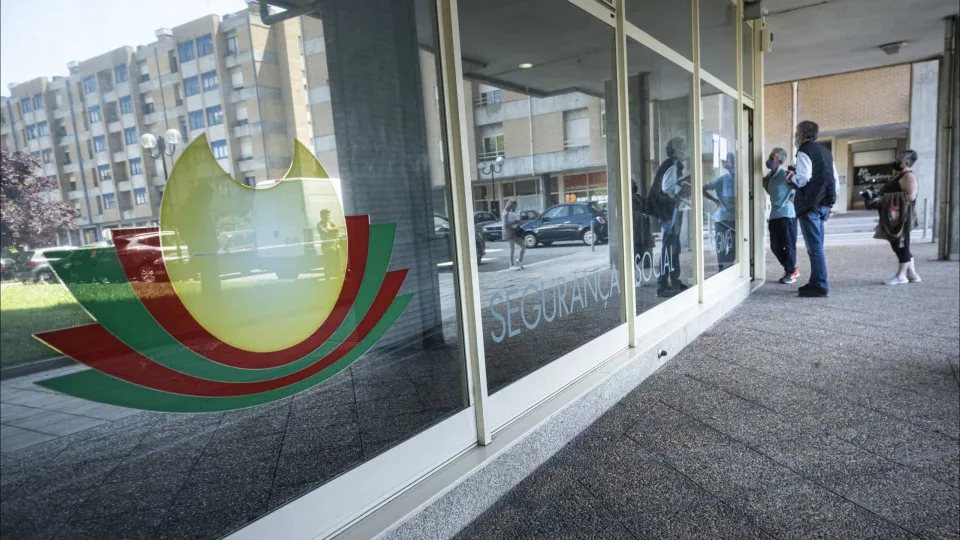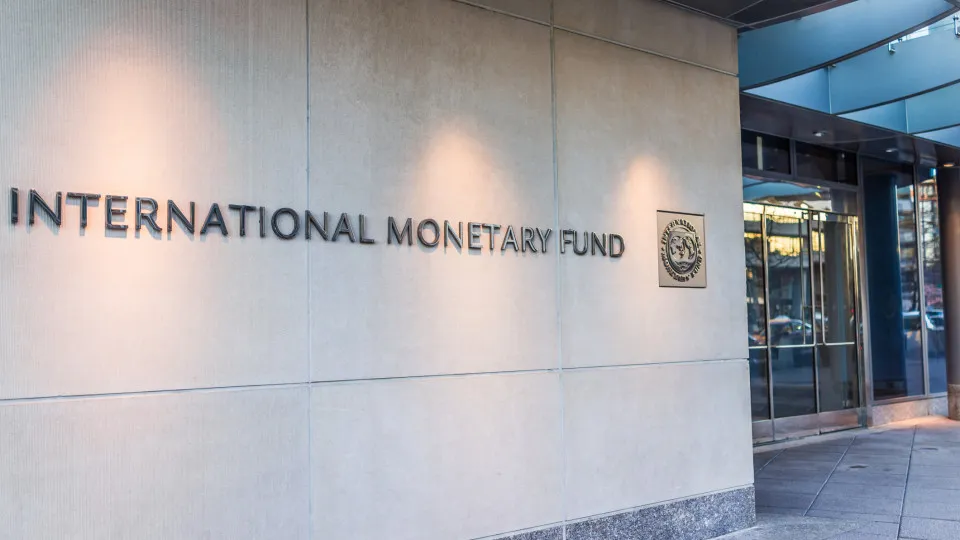
The Ministry of Finance acknowledged a “temporary relief of 10 billion meticais [133.7 million euros] year-on-year” in the budget deficit for the second quarter in a fiscal risk monitoring report.
“However, in a context of low tax revenue collection, the scenario may pose greater challenges in ensuring fiscal sustainability and consolidated growth. The persistence of fiscal imbalances and reliance on funding, particularly domestic borrowing, could compromise the sustainability of public finances,” the report states.
It further highlights risks such as increased exposure to risks and reduced fiscal space for structural investments that demand “prudent expenditure management and structural measures to broaden the tax base and enhance the capacity to mobilize domestic revenues to ensure more robust and sustainable economic growth.”
Conversely, the document notes that state revenue has shown “significant deviations from what was planned, with relevant implications for programming and financial execution of the State Budget.”
“Between 2024 and 2025, an accumulated deviation of about 43.2 billion meticais [578 million euros], equivalent to 3.5% of GDP, was recorded,” the document points out.
Additionally, it is noted that in the second quarter, state revenue totaled 95.6 billion meticais (1.278 billion euros), achieving 98.6% of the programmed amount for the period, “representing a modest growth of 0.4% compared to the same period last year.”
In September, the Mozambican government stated it expects a 2.5% growth in the Gross Domestic Product (GDP) by year’s end, acknowledging the recovery of investor confidence after the post-election unrest.
“These indicators reveal an economic recovery and a restoration of confidence among private investors, with GDP growth expected to range between 1.9% and 2.5% by the end of the year,” said Mozambique’s Minister of Planning and Development, Salim Valá.
He was speaking at the Development Observatory, a consultative forum between the executive and development partners, where the government presented the 2026 Economic and Social Plan and State Budget Proposal (PESOE) along with execution data for this year.
The minister noted that this growth is being supported by the revitalization of productive activities, including the application of new dynamics in the productive sectors of manufacturing, agriculture, construction, tourism, transport, and services.
With the “encouraging signs” of economic recovery already evident in the second half of the year, he further stated, the government anticipates that the pace of economic growth will accelerate starting next year, the second year of implementation of the Government’s Five-Year Plan led by President Daniel Chapo, elected in October.
According to Salim Valá, starting next year, the country will also “cruise towards establishing an economy based on multiple economic sectors, not excessively dependent on the extractive industry, boosting economic transformation processes, and strengthening the foundations for achieving economic independence.”
The Mozambican government also anticipates moderate economic recovery around 3.2% in 2026, driven by the recovery of the services sector, expansion of liquefied natural gas exports, dynamic agricultural sectors, and significant investments in the energy sector.




